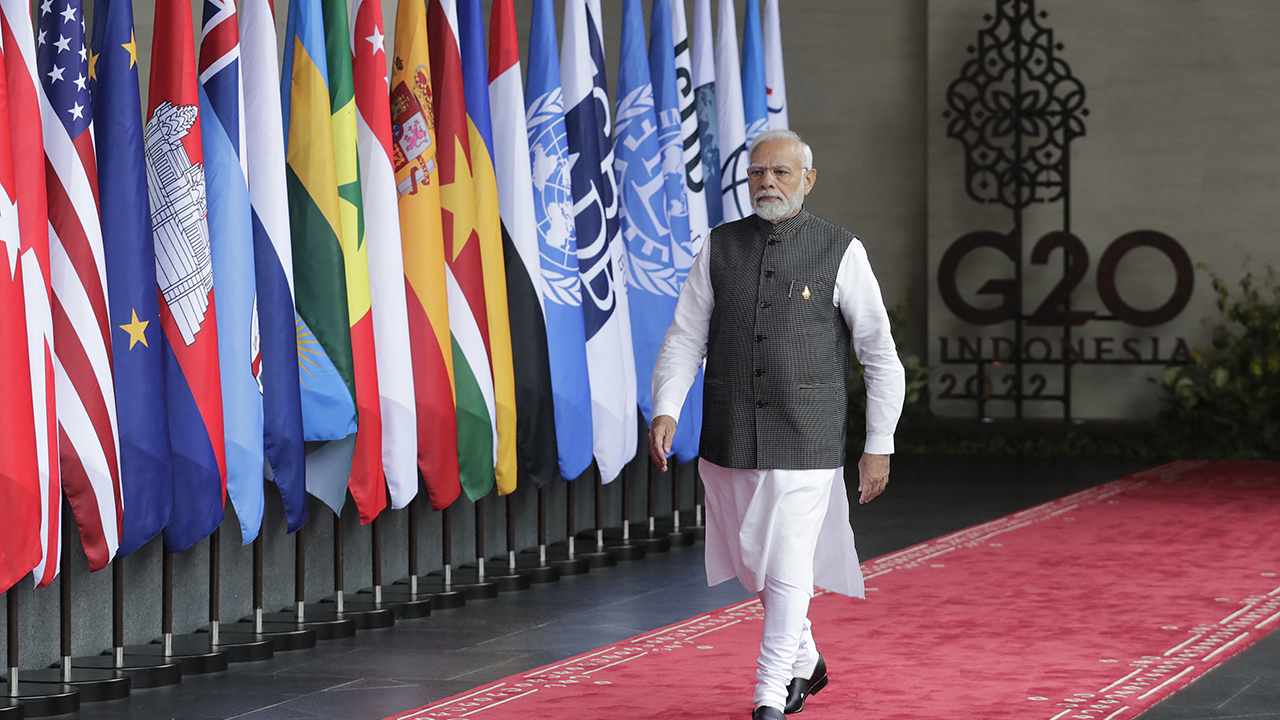Public Divided over North Korea’s Intentions, Capability
Most Say U.S. Government Should Take Threats Very Seriously
Most Say U.S. Government Should Take Threats Very Seriously
Prime Minister Shinzo Abe's announcement that Japan will join negotiations to create a Trans-Pacific Partnership with the U.S. and other Pacific Basin nations won early support from the Japanese people, according to snap surveys following his statement. The decision was also welcomed in official circles in Washington, D.C., where the Obama administration has long supported Japan becoming party to the talks.
Japan’s decision to join negotiations to create a Trans-Pacific Partnership with the United States and other Pacific nations reflects, in part, the sea change in public opinion that has transformed U.S.-Japan relations. The upcoming TPP negotiations will be contentious. But the political context in which these talks will take place is far more supportive than ever before.
Criticized by some for being insufficiently pro-Israel during his first term, and dogged by relatively low ratings in Israel, President Obama travels there this week to deliver a major address in Jerusalem. The Obama administration can only hope this speech is more warmly received among Israelis than his last high-profile address in the region at Cairo University in June 2009.
When incoming Chinese President Xi Jinping takes office, he will be dealing with a public that is increasingly concerned about issues beyond simple economic growth. Such problems will provide some daunting challenges for the new president and his team over the next few years.
The Senate on Thursday confirmed John Brennan to be the new director of the CIA after several senators took part in a filibuster focusing on the administration's drone strategy. A majority of Americans support drone strikes against suspected terrorist targets abroad, but some (31%) express concerns are about the legality of the program.
The forced budget cuts, known in Washington as sequestration, are now in force. These reductions in defense spending, anti-terrorism activities, foreign aid and the budget for the State Department will shrink the U.S. footprint around the world, with consequences for the projection of both U.S. hard and soft power.
John Kerry will take his first trip abroad as Secretary of State from February 24 to March 6, travelling to Europe and the Middle East. In Europe, he will visit Britain, Germany, France and Italy, where he will discuss bilateral relations as well as the ongoing conflicts in Mali and Syria. America’s image remains […]
Surveys consistently show that movies – and more broadly, American popular culture – are a strong suit of U.S. soft power. And, while studio executives spend considerably more time thinking about box office returns than public diplomacy, Tinseltown is actually pretty effective at nudging America’s international image in a positive direction.
Across 12 countries, a median of 40% of adults say they have no confidence in Indian Prime Minister Narendra Modi to do the right thing regarding world affairs. About eight-in-ten Indians have a favorable view of Modi.
Majorities in most countries say China does not take into account the interests of other countries in its foreign policy, and China does not contribute to global peace and stability.
Across 24 countries, large shares have an unfavorable view of Russia and no confidence in Putin to do the right thing regarding world affairs.
Overwhelmingly, people believe the U.S. interferes in the affairs of other countries, but most also believe the U.S. contributes to peace and stability around the world. U.S. President Joe Biden receives mostly positive reviews.





